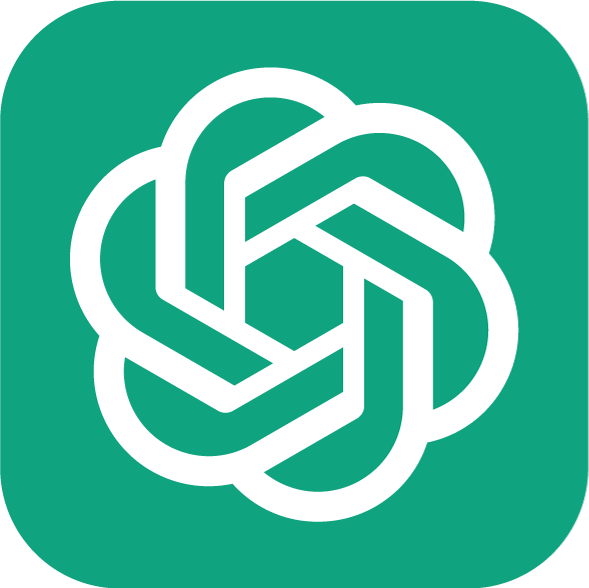Spendflo's curated SaaS intelligence based on battle tested negotiations helps you get everything you need make informed SaaS buying decisions, avoid buyer remorse and get your preferred tools at the best price.

Jenkins
Jenkins is an open-source automation server used to build, test, and deploy software.








Spendflo Score
Spendflo Score is a computed measure of all SaaS tools' financial and procurement health indicators. It helps make data-driven decisions about software investments.
Monitor all contracts, spends, benchmarking data, usage, anomalies, and more on one platform.
What is Jenkins?

Jenkins is an open-source automation server designed to help automate parts of the software development process, primarily building, testing, and deploying applications. It supports continuous integration and continuous delivery (CI/CD), allowing developers to detect issues early, improve code quality, and deliver updates more quickly. Jenkins is highly extensible, with a vast library of plugins that enhance its functionality to meet a wide range of development and operational needs.
How much does Jenkins Cost?

Jenkins is free to use as it is an open-source tool. However, the total cost of ownership can vary based on the scale and specific requirements of your Jenkins implementation.
Why is Jenkins outdated?

A lot of Jenkins plugins are not being maintained and have become redundant. This is causing issues of compatibility with the new declarative pipeline style. As Jenkins is getting old, its design and user interface are also not up to date.
What is Jenkins used for?

Jenkins is a Java-based open-source automation platform with plugins designed for continuous integration. It is used to continually create and test software projects, making it easier for developers and DevOps engineers to integrate changes to the project and for consumers to get a new build.
Do companies still use Jenkins?

Jenkins is still used in modern software development lifecycles. It enables and automates various processes (such as testing, building, and development). As a platform, it creates CI pipelines that define a series of actions a server will take for requisite tasks.
Why is Jenkins famous?

It is written in Java and can be deployed as a standalone application or as a servlet container. It was created by Kohsuke Kawaguchi in 2004. Jenkins CI is popular because it allows developers to automate the process of building, testing, and deploying their code.

Benchmark-driven Negotiation
Save on Slack with negotiations based on benchmark-data obtained from hundreds of negotiations.

Plan renewals 120 days ahead
Prioritize your renewals and plan ahead. Pay only for what you need and get the best discounts by showing up fully prepared.

Take Data-backed renewal decisions
Understand your teams license utilization, usage patterns and sentiments. Get full context about all the tools you use and take informed decisions to maximize ROI.






%2520logo.png)




.avif)





